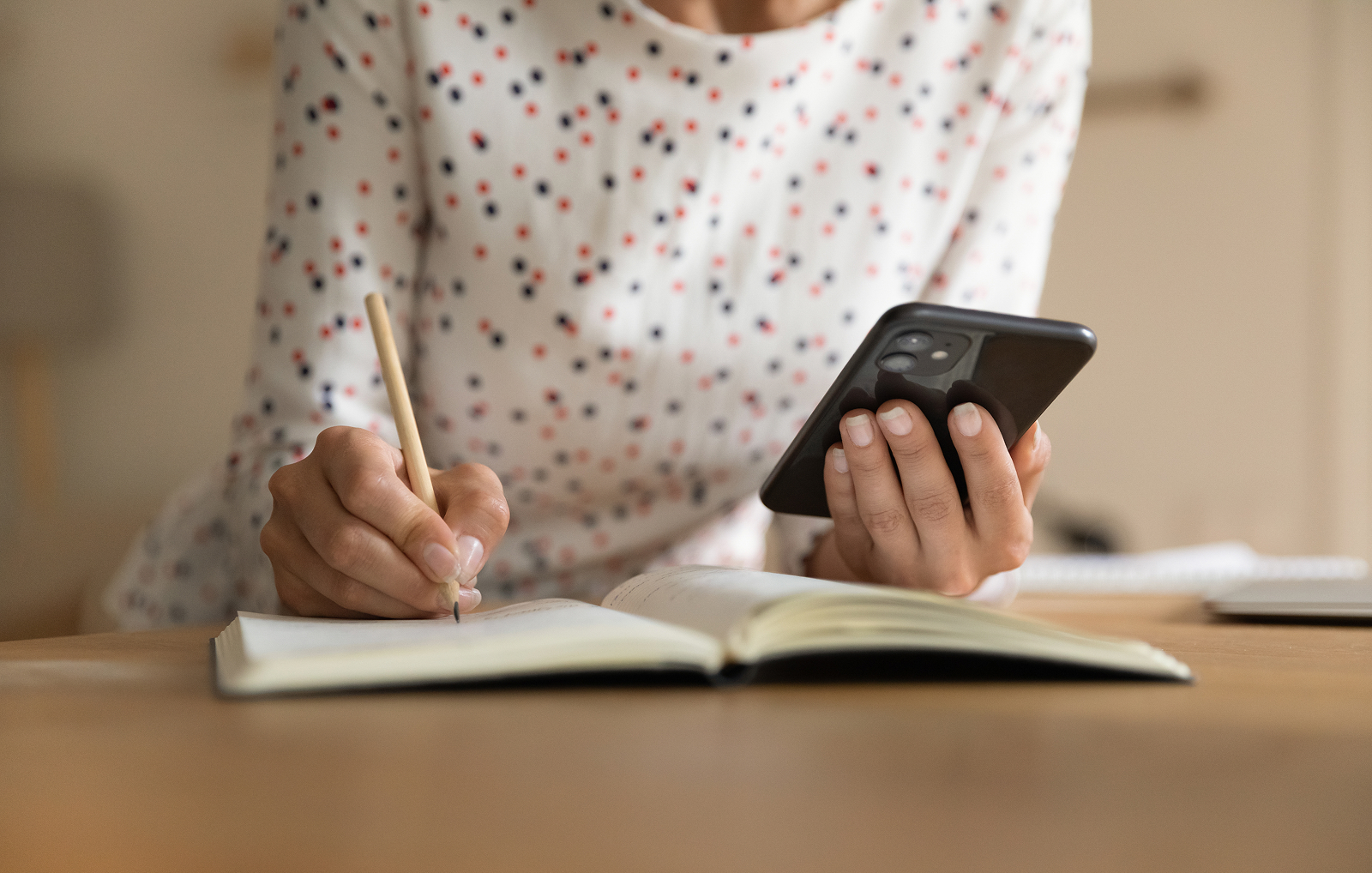
The good news is that even five minutes of preparation before your appointment can make a real difference. Here’s a simple way to get ready, without overcomplicating things.
It sounds obvious, but it helps to start with a single sentence: why am I booking this appointment?
If you have several things to talk about, list them in order of importance. GPs often suggest starting with the concern that’s affecting you most, even if it’s not the most serious on paper. That way, you’re more likely to leave feeling it was time well spent.
Example:
You don’t need a long diary or medical jargon, just a few clear notes. Try to include:
This is what your GP will refer to as the “history” of your symptoms. Writing it down means you won’t forget details when you’re in the room.
Before you head out (or join your video or phone appointment), have a few things to hand:
It’s a small thing, but being organised here can save valuable minutes and avoid confusion.
Don’t worry if you’re not sure what to ask; it’s completely normal. But having even one or two questions written down helps you make the most of your time.
Some examples:
Most GPs appreciate it when patients come prepared. It helps them focus on what really matters to you.
Studies have found that patients forget up to 80% of what doctors say1, especially when they feel stressed or unwell.
You can take short notes on paper or your phone, or use an app like Mirror that helps you capture key points securely. Having something written down makes it much easier to follow instructions later or share details with family or carers.
If a family member or friend is joining you, it's helpful to agree in advance on how they’ll support you. Maybe they’ll take notes, or just be there to help you stay calm.
Try to ensure you speak first during the consultation; your GP will appreciate hearing directly from you before others add their input.
In five minutes, you can:
It’s simple, but it can turn a rushed 10-minute appointment into something far more helpful.
Disclaimer
This article is for educational purposes only and should not be used as a substitute for medical advice. Always speak to your doctor, nurse or pharmacist about your individual care. The information reflects NHS and NICE guidance at the time of publication.